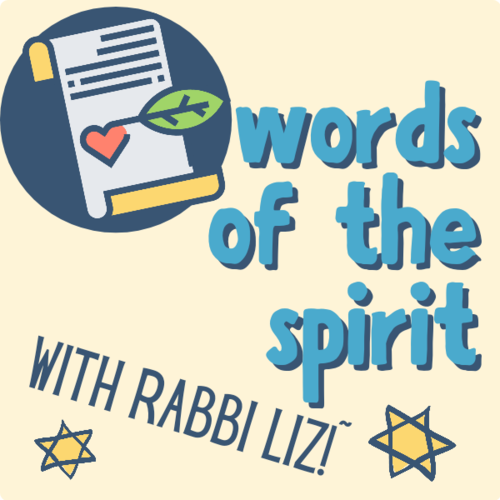Considering Israel
09/01/2019 08:44:56 PM
| Author | |
| Date Added | |
| Automatically create summary | |
| Summary |
“Israel” has long been regarded as the third-rail of Jewish communal discourse. The quotation marks here signify the fluid, elusive nature of that word. It signals questions: what exactly are we referencing when we say “Israel?” Is it the current country? How we define its boundaries? The idea of a Jewish nation? A Jewish nation-state? Historical Zionism? The actions of the current Israeli government?
In prayer books, ישראל/yisrael is referencing the people, while ציון/tzion is referencing the land. The modern movement for Jews to settle the land variously referred to as Judah, the Holy Land, Eretz Yisrael/Mandatory Palestine, among other ancient, modern, sacred and secular terms, was named Zionism. The emergence of that movement in the late 19th century to settle the area in and around ancient Zion, parallel to many newly-emerging nationally-oriented movements in Europe, is attributed to Theodor Herzl, with his founding of the World Zionist Organization in 1897.
Now, I am not a historian, nor even a reliable scholar of Israeli history or historiography. But as a rabbi, I am subject to powerful expectations around my relationship to Zionism and Israel – or, rather, “Israel.” My own deep contention is that we are all called to have a relationship to this place, regardless of government policies and practices, “we” signaling any member of the Jewish people.
Easier said than done. We tend to be situated on opposing positions (see above: third- rail). We might be single-mindedly engaged or critically distant; dismissively ignorant or insistently partisan; eager to make a first visit or uninterested in even considering why it should be a plan. Tolerance is a dirty word, and nuance isn’t even in the vocabulary. Involvement in, or critique of, any particular advocacy group or Friends-of organization bespeaks a permanent stain – or badge, depending upon who’s commenting.
And commenting?! Comment threads, Facebook walls, tweets and retweets are petri dishes of toxicity, brewing real danger. Threats, damage to reputations, impeded professional development – and that’s just speaking about undergraduates on campuses who engage in activism.
A good piece of guidance I received in our Group Work course in rabbinical school was to never elucidate a problem without at least proposing a solution, which is manifestly easier said than done when discussing Israel in congregational and Jewish communal settings. Many dialogue projects have arisen – we have even held a few dialogue-style events over the past several years, none of which significantly budged our collective adherence to the overarching Principle of Avoidance.
So here is the stand I take: we are not called upon to take a stand; we are called upon to step in towards, rather than stay away from, talking about Israel. To that end, we can be proud of several recent initiatives of Reconstructing Judaism. With a lead essay entitled Israel & Us: Creating a New Narrative , Rabbi Toba Spitzer spearheads an on-line discussion on the pages of Evolve: Creating Groundbreaking Jewish Conversations . With responses from rabbinic colleagues, resources, links, curricula and even an original song, the platform “creat[es] a discourse in which the many opinions … can be heard.” (Rabbi Spitzer)
The Israel resource page of Reconstructing Judaism’s web site also offers a range of resources, rooted in an approach that “welcome[s] the complexities, questions, concerns, dilemmas, debates, and critiques that come with the territory of caring deeply about a country and its society.” And on that page you will find a link to news from the movement’s Joint Israel Commission, jointly referring to the lay-rabbinic partners who comprise the commission’s leadership and membership. “JIC members …represent a wide range of politics, and … offer models and tools to Reconstructionist communities on how to engage difficult Israel discussions constructively.”
We are lucky enough to have a member of our community as part of the JIC, and can learn more about it at this Friday’s JEDTalk. But regardless of whether or not you engage in a particular program, I call upon you to acknowledge that we, as the Jewish people, are engaged in the “program” that is Considering Israel, and hope you will take part in the conversation.
- Rabbi Liz
Tue, 1 July 2025
Special Messages from the Rabbi
Privacy Settings | Privacy Policy | Member Terms
©2025 All rights reserved. Find out more about ShulCloud







